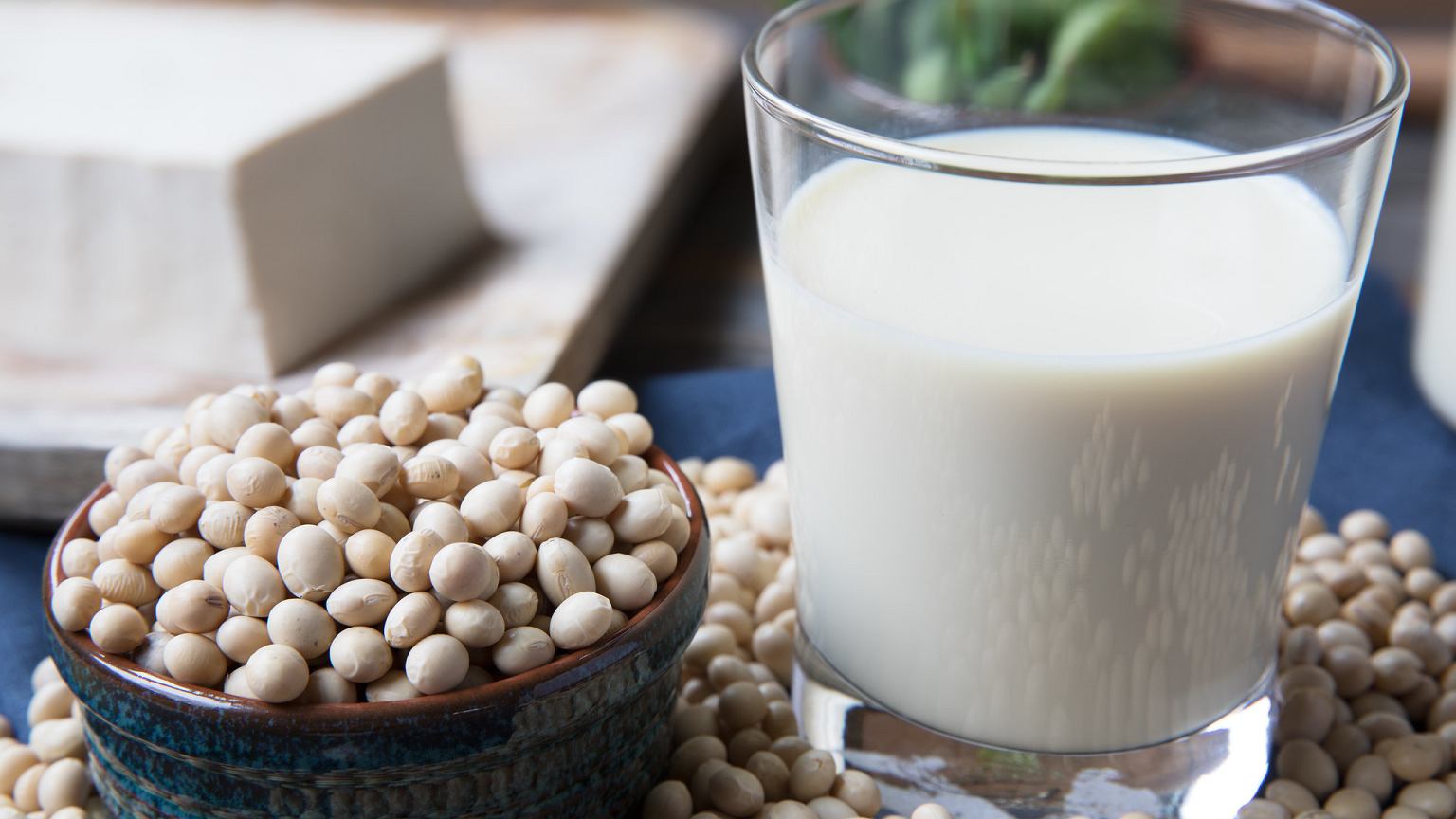Soy milk has gained popularity as a plant-based alternative to cow’s milk. However, there have been concerns about its potential effects on hormone levels, particularly estrogen. This guide aims to provide a comprehensive overview of
Soy milk has gained popularity as a plant-based alternative to cow’s milk. However, there have been concerns about its potential effects on hormone levels, particularly estrogen. This guide aims to provide a comprehensive overview of the soy milk-estrogen connection, exploring the scientific evidence and addressing common questions and misconceptions.
Understanding Soy and Estrogen:
Soy contains compounds called phytoestrogens, specifically isoflavones, which are similar in structure to estrogen. Isoflavones can bind to estrogen receptors in the body, potentially exerting estrogen-like effects. This has led to the hypothesis that consuming soy products, such as soy milk, may affect hormone levels and disrupt endocrine function.
Soy Milk and Hormone Levels:
Numerous studies have investigated the impact of soy milk consumption on hormone levels. Overall, the evidence suggests that soy milk does not significantly alter estrogen levels in humans. A systematic review of 35 studies concluded that soy consumption had minimal effects on reproductive hormones in both men and women. However, it’s important to note that individual responses may vary.
Soy Milk and Breast Cancer:
One concern often raised is whether soy milk consumption increases the risk of breast cancer due to its potential estrogen-like effects. However, research in this area has yielded inconsistent findings. Some studies suggest that soy intake may be protective against breast cancer, while others indicate no significant association. The current consensus among health organizations, such as the American Cancer Society, is that moderate soy consumption is unlikely to increase breast cancer risk.
Soy Milk and Men’s Health:
Another concern often expressed is the impact of soy milk on testosterone levels in men. Some people worry that consuming soy products may lead to feminization or hormonal imbalances. However, multiple studies have found no adverse effects on testosterone levels or male reproductive function associated with soy intake. In fact, a meta-analysis of 15 studies found no significant difference in testosterone levels between soy consumers and control groups.
Soy Milk and Thyroid Function:
There is also a common belief that soy milk negatively affects thyroid function. However, the scientific evidence does not support this claim. Several studies have shown that soy consumption does not impair thyroid function in healthy individuals, including those with normal thyroid function and those with thyroid disorders. Nevertheless, individuals with hypothyroidism or other thyroid-related conditions may want to consult their healthcare provider regarding soy intake.
Moderation and Individual Variability:
As with any food or dietary component, moderation is key. Consuming soy milk in moderate amounts as part of a balanced diet is unlikely to have significant hormonal effects for most individuals. However, individual responses to soy may vary, and some people may be more sensitive to its effects. Monitoring your own body’s response and consulting with a healthcare professional can provide personalized guidance.
Considerations for Specific Groups:
- Infants: Soy-based formulas are commonly used as an alternative for infants with cow’s milk protein allergies or lactose intolerance. These formulas have been extensively studied and are considered safe and appropriate for infants when recommended by healthcare professionals.
- Breastfeeding Women: Soy consumption in breastfeeding women is generally considered safe. However, excessive soy intake should be avoided, as it may lead to increased isoflavone levels in breast milk. Maintaining a varied diet and discussing any concerns with a healthcare provider is advisable.
- Women with a History of Hormone-Sensitive Cancers: Women with a history of hormone-sensitive cancers, such as breast or ovarian cancer, may wonder about soy intake. In such cases, individualized recommendations from healthcare professionals are essential, as the impact of soy on hormone-related cancers is complex and still under investigation.
Other Considerations:
- Fermented Soy Products: Fermentation alters the composition and bioavailability of soy compounds. Fermented soy products like tempeh and miso may have different effects on hormone levels compared to unfermented soy products like soy milk. Research in this area is limited but suggests that fermented soy products may have more favorable health effects.
- Organic and Non-GMO Soy: Choosing organic and non-genetically modified (non-GMO) soy products may be a consideration for individuals concerned about potential pesticide exposure or genetic modifications. However, the impact of organic and non-GMO soy on hormone levels is not well-studied and requires further research.
Conclusion:
The scientific evidence suggests that consuming soy milk in moderation is unlikely to have significant estrogenic effects or disrupt hormone levels in most individuals. Soy milk can be a nutritious and suitable alternative to cow’s milk for individuals who choose to avoid animal products. However, as with any dietary decision, it’s important to consider individual variability, consult with healthcare professionals when needed, and maintain a balanced diet overall.
- Podlix’s Disposable Vapes: Flavorful Adventures Explored and Compared - October 9, 2023
- Sunset Fire Marijuana Strain - September 23, 2023
- What are the Best Delta 8 THC Dabs - July 24, 2023

